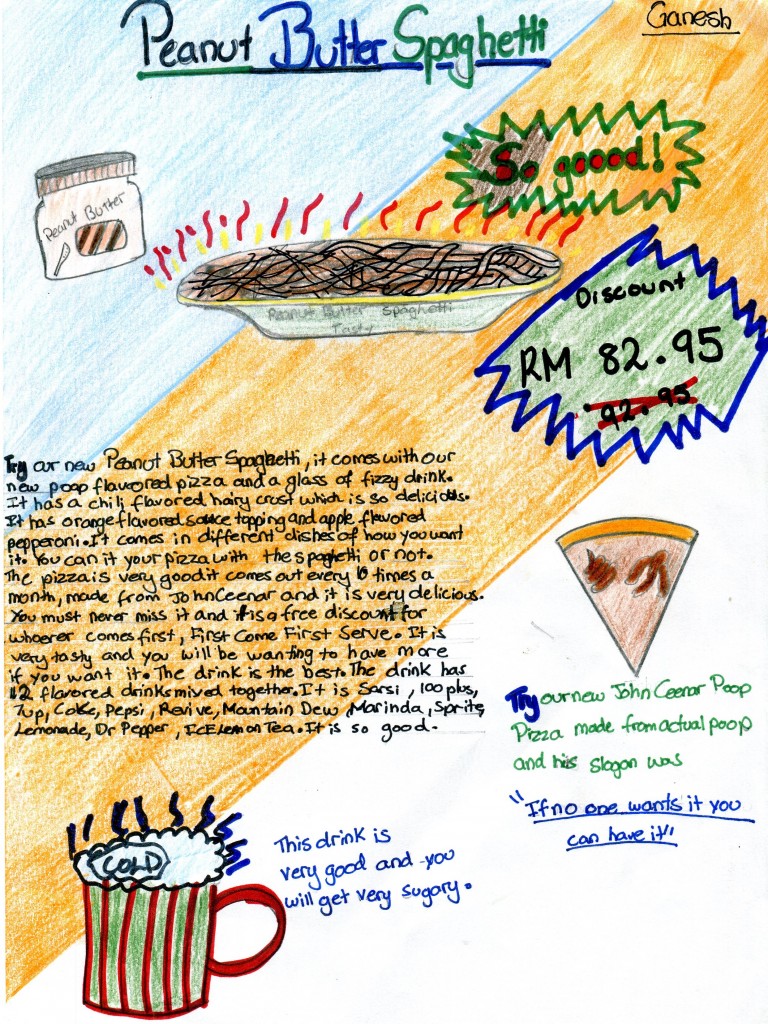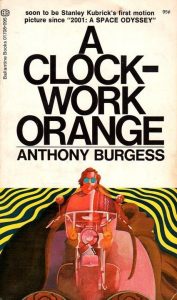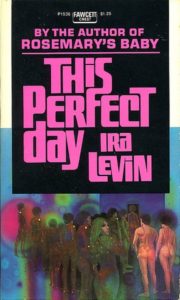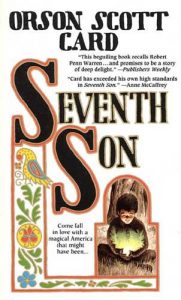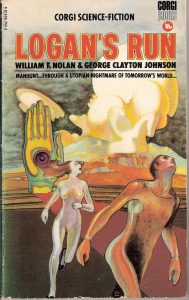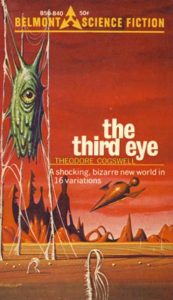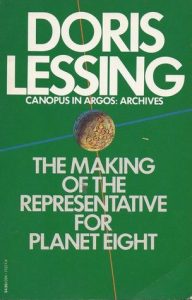“My words when they speak me”
Margaret Atwood often talks of “the slipperiness of language” as she acknowledges the part that Orwell’s 1984 played in the creation of The Handmaid’s Tale. Just as irony is at the very heart of every dystopia (both imagined and real), so it is with the language prevalent in such societies. In 1984, we have the ministries of “Love” and “Truth,” whereas in The Handmaid’s Tale we have “angels” and “Serena Joy.” Sadly, neither novel is entirely fictional – everything has happened (and is still happening) somewhere in the world. The choice of words can create meanings that manipulate people (Shakespeare wrote an entire play about equivocation – a key element in advertising and political speeches). Beyond this, The Sapir–Whorf hypothesis posits the notion that the words that we speak can shape entire societies (but more about this topic when we get to works in translation).
“Standard English is defined by that group in society wherein power is most obviously invested” – Noam Chomsky
Language can be a source of power for those who control it. Latinate language (using long, important sounding, words and sentences) can create a sense of authority – as we see in Jonathan Swift’s A Modest Proposal. Have a go at the The Buzz Phrase Generator to get a sense of this. The danger when you come to write your essays and speak in your orals is that you too could fall into such nebulous nonsense.
NEVER be tempted to write “through the use of his/her diction” or some other meaningless rot! When I grade IB exam papers, it is not unusual to see entire cohorts who use such vacuous expressions! Your job is to prove to the examiner that you are writing about this specific text and no other.
Memorised guff like, “the writer uses irony, figurative language and juxtaposition” will make your examiner very sad. It will not affect your grade – but it is a waste of time. Instead, convince your reader that you are writing about this specific text and nothing else.
Always express your terms as VERBS where possible, in concise what/how/why sentences (e.g. “juxtaposes x with y to say z” rather than “uses juxtaposition”). Where no verb form exists (e.g. metaphor), slip the term in almost ‘casually,’ like a name dropper (“…and through the peculiar metaphor of an onion to describe her heart, Plath seems to imply…”).
Jessica Lynch
The Languages of Pao
A Modest Proposal
Spectacle and Media Propaganda in the War on Iraq
How language shapes the way we think




